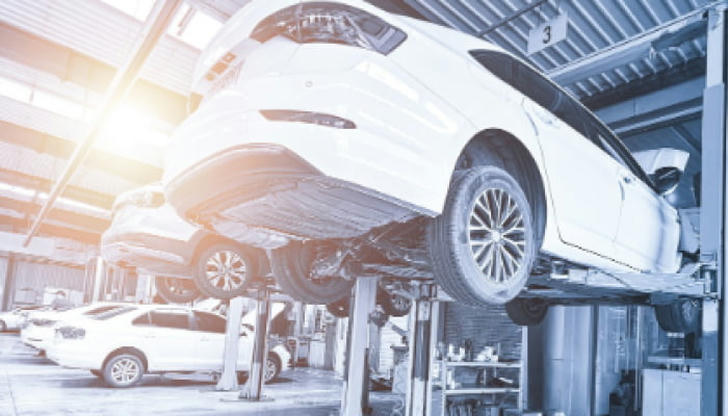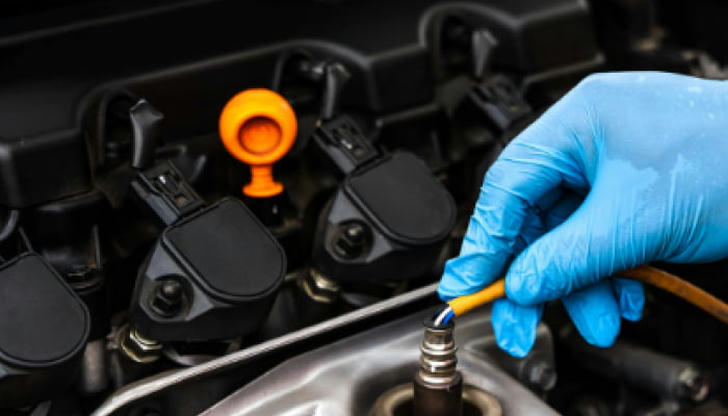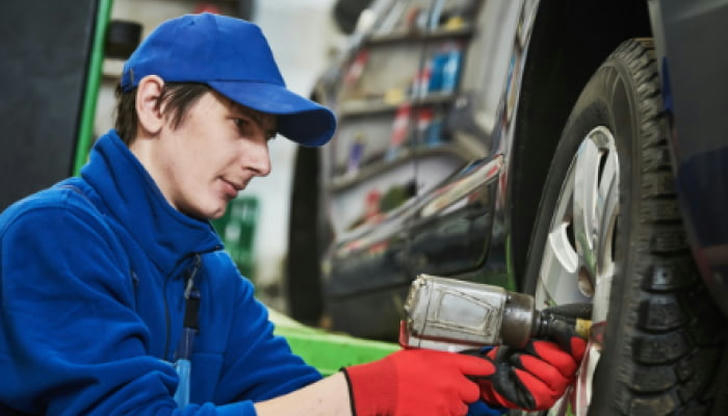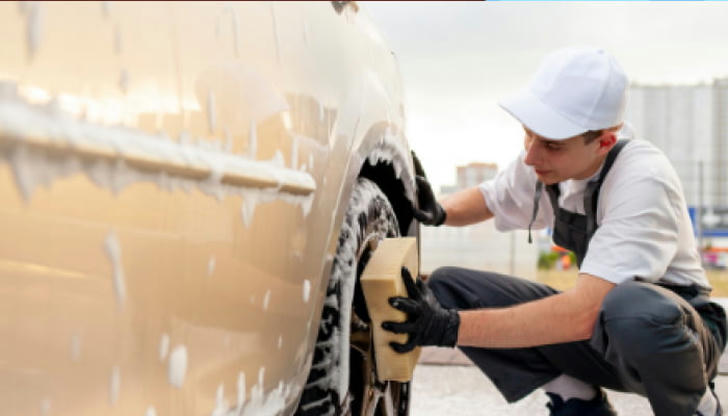10 Essential Car Maintenance Tips Everyone Should Know

Owning a car is not just about getting from point A to point B; it's a responsibility. Regular maintenance ensures your vehicle performs well, lasts longer, and keeps you safe. Many people overlook simple upkeep tasks, leading to costly repairs or accidents. Here, we'll explore 10 essential car maintenance tips that every car owner should know. These tips are easy to follow, save money, and most importantly, help keep your car in top shape.
1. Check Your Oil Regularly

Your engine needs oil to run smoothly. Without it, the moving parts inside the engine can grind together, leading to severe damage. Checking your oil regularly is a simple task that can help avoid costly repairs down the road. Here's how to do it:
- Park your car on level ground.
- Turn off the engine and wait a few minutes.
- Open the hood and locate the dipstick.
- Wipe the dipstick, reinsert it, and pull it out to check the oil level.
If the oil is below the recommended level, it's time for a top-up. Also, check the oil's color—if it's dark or gritty, you may need an oil change.
2. Keep Your Tires in Check

Your tires are what keep your car connected to the road, so it's vital to ensure they're in good condition. Here's what to keep an eye on:
- Tire pressure: Check your tire pressure at least once a month. Under-inflated tires can reduce fuel efficiency and increase wear, while over-inflated tires can cause poor handling.
- Tread depth: A tire's tread provides grip on the road. The minimum legal tread depth is 1.6mm, but it's recommended to change your tires when the tread depth is below 3mm.
- Rotation: Rotate your tires every 6,000-8,000 miles to ensure even wear, which extends the life of your tires.
3. Inspect Your Brakes
Brakes are one of the most critical safety features of your car. Worn brake pads or faulty brake systems can lead to dangerous driving conditions. Listen for unusual sounds like screeching or grinding when braking. These noises are indicators that your brake pads may need to be replaced. If you feel any vibrations or a spongy brake pedal, it's best to have your brakes inspected by a professional immediately.
4. Change Air Filters Regularly
Your car's air filter keeps debris from entering the engine. Over time, the filter can become clogged, affecting engine performance and fuel efficiency. Most manufacturers recommend changing the air filter every 12,000 to 15,000 miles, but it's always a good idea to check the owner's manual for specific guidance. A clean air filter allows your engine to "breathe" easier, improving acceleration and power.
5. Keep Your Battery in Good Shape
Your car's battery is essential for starting the engine and powering electrical systems. A dead battery can leave you stranded, so regular checks are a must. Clean the battery terminals to prevent corrosion, and if you notice that the engine is slow to start or the headlights are dim, it may be time to replace the battery. Most batteries last between 3-5 years, but factors like extreme weather can shorten their lifespan.
6. Don't Ignore Warning Lights
Modern cars come with a range of dashboard warning lights that alert you to potential issues. Ignoring these warnings can lead to bigger, more expensive problems. Common warning lights include the check engine light, oil pressure warning, and battery charge indicator. If any light appears on your dashboard, don't ignore it. Investigate the issue promptly, either by checking the manual or visiting a mechanic.
7. Monitor Coolant Levels
Your car's cooling system prevents the engine from overheating. If the coolant level is too low, your engine could overheat, leading to severe damage. Check your coolant level every few months, especially before long trips. Be sure to wait until the engine is cool before opening the radiator cap. Top off with a 50/50 mixture of water and antifreeze, following your car's specifications.
8. Replace Windshield Wipers
Worn windshield wipers can hinder visibility in bad weather. Over time, the rubber on the wipers can crack or tear, making them less effective at clearing rain, snow, or dirt. Replace your wipers every 6-12 months or when you notice streaking or squeaking noises. Ensuring clear visibility is essential for safe driving in all conditions.
9. Pay Attention to Suspension and Steering
The suspension system ensures a smooth ride, and steering keeps you in control of the vehicle. If you notice your car pulling to one side, excessive bouncing after hitting a bump, or difficulty steering, it's time to check your suspension. Issues with suspension or steering can affect handling and safety, so don't delay repairs.
10. Keep the Exterior and Interior Clean

While mechanical maintenance is essential, don't overlook your car's appearance. Regularly washing your car protects the paint from dirt, bird droppings, and other debris that can cause long-term damage. Additionally, clean the interior to prevent dust, grime, and spills from affecting the upholstery and surfaces. A well-maintained car not only looks good but also holds its value over time.
Conclusion
Maintaining your car doesn't have to be a daunting task. By following these 10 essential car maintenance tips, you can keep your vehicle running smoothly, avoid costly repairs, and ensure your safety on the road. Regular checks on oil, tires, brakes, and other critical components will extend your car's lifespan and improve performance.
Remember, proactive maintenance is always cheaper and easier than dealing with unexpected breakdowns or malfunctions. Take the time to care for your car, and it will take care of you. Stay on top of these simple tasks, and you'll enjoy a safe, reliable ride for years to come.
Safe driving!
